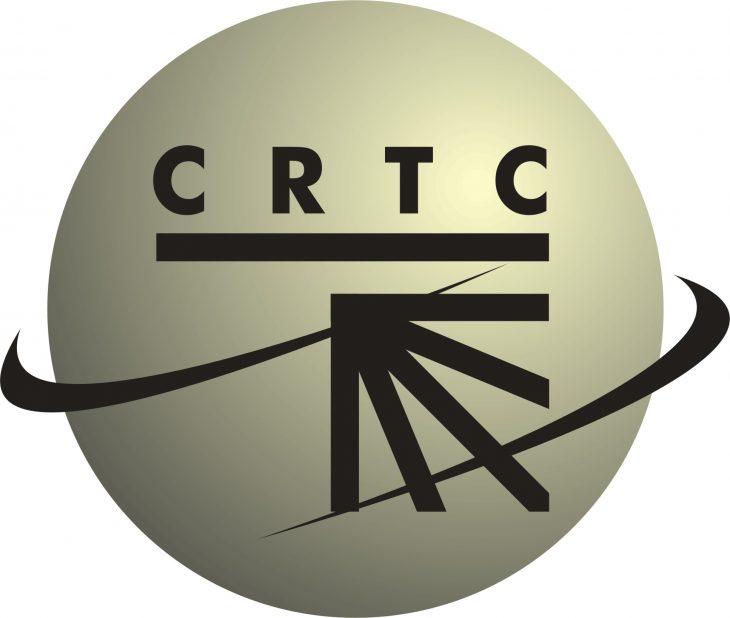
OTTAWA — On Tuesday, the same day it denied an application by the Public Interest Advocacy Centre (PIAC) and the National Pensioners Federation (NPF) to require Koodo Mobile and other wireless service providers to provide paper bills upon request, the CRTC announced a new proceeding looking into the issue of paper billing.
In its decision against PIAC and NPF, the Commission says it found “there was no existing legislature or regulatory obligation that mandated the provision of paper bills and, since the rationale and evidence on the record of this proceeding related largely to Koodo alone, it would not be in the public interest to create a new obligation that would affect all WSPs based solely on that record. However, the application raised concerns about the need for vulnerable consumers to have access to paper bills.”
Since December 2014, communications service providers have been prohibited from charging fees for paper bills. However, the Commission does not require service providers to provide paper bills to customers, except in the case of customers with disabilities. Service providers must provide those customers with copies of bills in alternative formats, such as Braille or large print, upon request.
Telus’s flanker brand, Koodo Mobile, starting in April 2018, began migrating most existing customers away from paper billing. Exempted from the migration were customers with accessibility needs who were receiving paper bills, and customers who had activated their mobile service before 2015 but had not activated their self-serve accounts in Koodo’s online portal.
In denying PIAC-NPF’s request for Koodo to be required to provide paper bills upon request, the Commission said it expects Koodo to continue to offer paper bills to existing customers who have not yet activated their self-serve accounts. Further, the Commission said it expects Koodo to continue to advise new customers at the time of service activation that paper bills are not available. Finally, the Commission says it encourages Koodo to consider offering bills in alternative formats for people with other identified needs, such as cognitive disabilities.
In its related notice of consultation to address the issue of paper billing, the Commission says: “As many communications service providers transition from paper billing to electronic billing, the Commission seeks to obtain a better understanding of whether and in what circumstances Canadians should receive paper or electronic bills. In this proceeding, the Commission will determine whether intervention is warranted in regard to the billing practices of telecommunications service providers and broadcasting distribution undertakings, and, if so, what steps should be taken to meet the needs of consumers.”
The Commission notes that during the proceeding that resulted in the Commission’s Report on Misleading or Aggressive Communications Retail Sales Practices, some Canadians expressed concerns related to the trend of communications service providers transitioning from paper billing to e-billing.
In its call for comments yesterday, the Commission says it is specifically seeking information on:
- whether there is a need for Canadians or certain groups of Canadians to continue to receive paper bills;
- whether Commission intervention is appropriate and warranted with respect to the paper billing practices of TSPs and BDUs;
- if Commission intervention is appropriate and warranted, what measures, if any, the Commission should impose with respect to paper billing practices; and
- to whom and how any new obligations should apply.
In an appendix to the notice of consultation, the Commission includes a detailed request for information (RFI) addressed to the dominant communications service providers in the Canadian market. The listed companies who are required to respond to the RFI include Bell, Bragg Communications (Eastlink), Cogeco, Quebecor, Rogers, SaskTel, Shaw, TBayTel, TekSavvy, Telus and Xplornet. They have until April 2, 2020 to file their responses to the Commission’s RFI. In addition, other communications service providers are encouraged by the Commission to also file responses to the RFI by April 2. The detailed RFI can be found in the appendix at the end of the proceeding notice.
The Commission is also asking individual Canadians, including persons with disabilities, and organizations representing the interests of consumers in general and also those concerned with accessibility issues, to respond to the following questions as part of their interventions:
- Describe in detail, with supporting rationale, what your needs are with regard to billing formats. Provide any available evidence of these needs.
- Do the billing formats provided by communications service providers meet your needs? If not, explain why and what you are required to do to pay your bill despite the current bill formats not meeting your needs.
- What billing formats would best meet your needs?
All interested parties must file interventions with the Commission by May 4, 2020. Replies to interventions must be filed by May 25, 2020.


